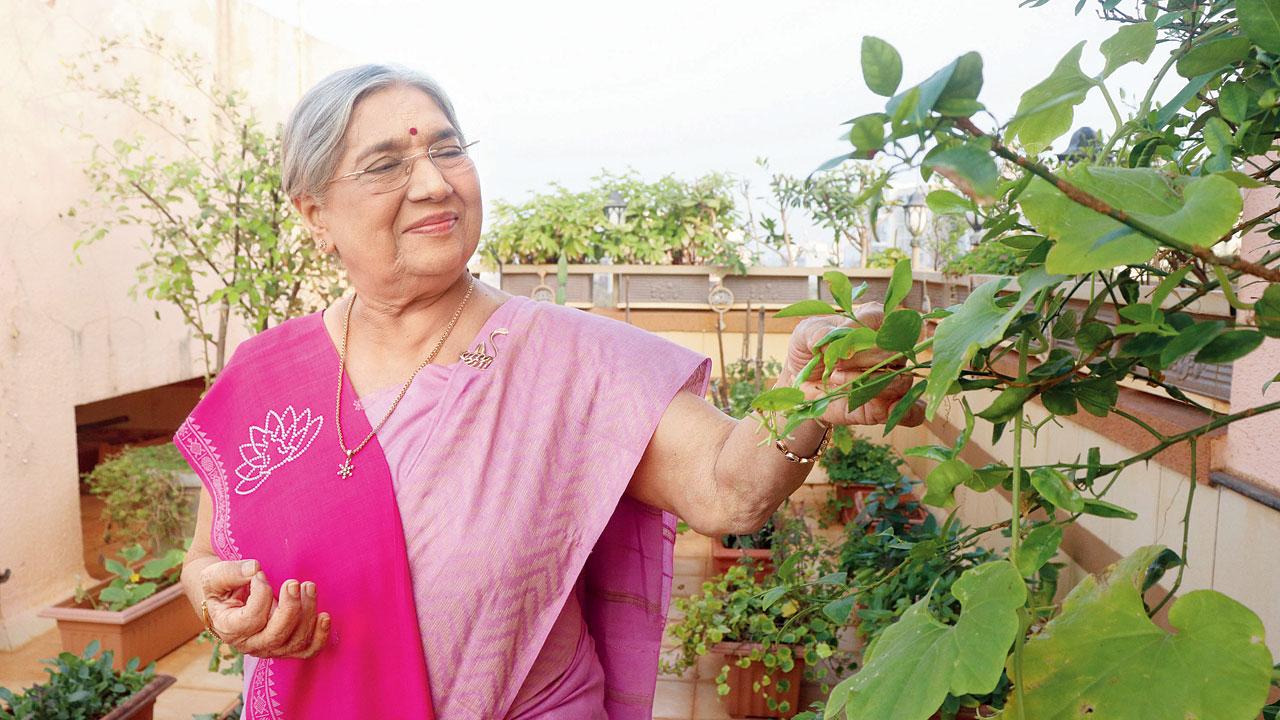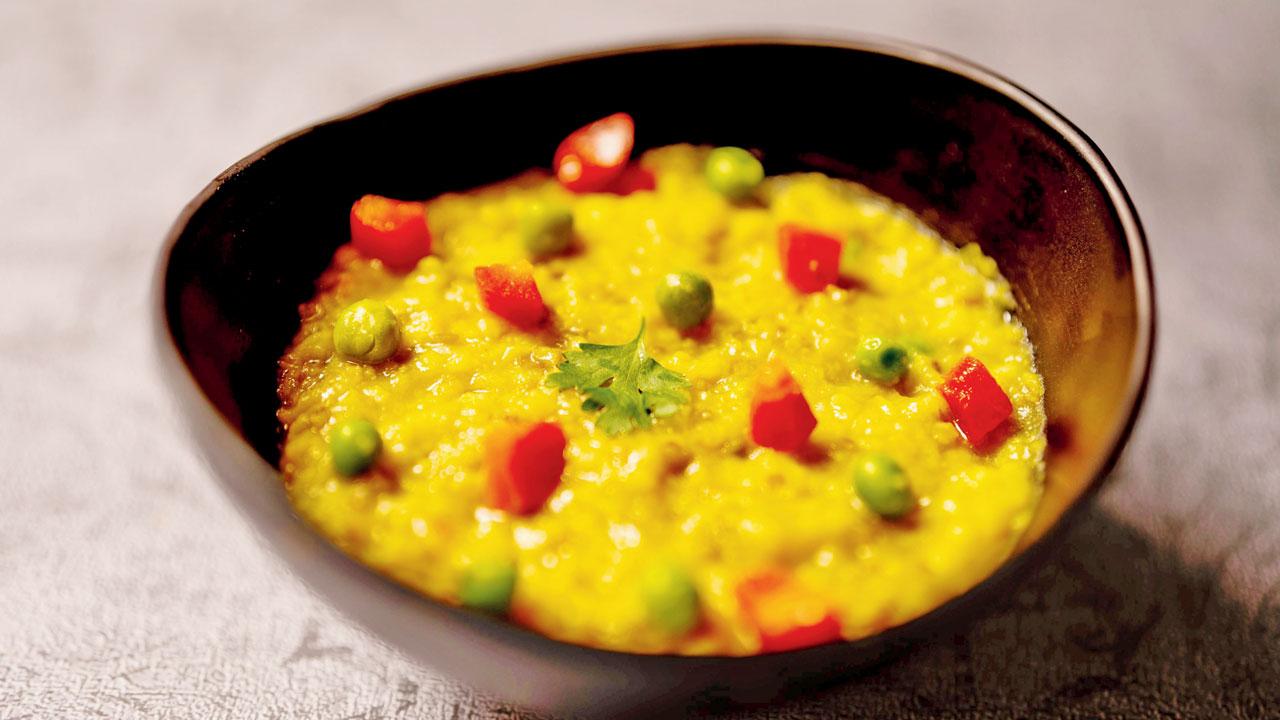As modern life makes simplicity seem complex, a new book shows how sattvic leads the way

Basil lemonade
She's not sure when eating healthy transformed from being a way of life to a fad, but Dr Hansa Yogendra, Director of The Yoga Institute in Santa Cruz, doesn’t mind it too much. “Trends are good if they make life simpler, and compel you to think before taking action, says the author, whose second volume on sattvic dietary practices, The Sattvic Kitchen (Rupa, R595), just came out. “It’s good that people have begun to realise the importance of good health.”
ADVERTISEMENT
What troubles her is our thirst for the stamp of approval from the West for the knowledge we already hold for centuries. “Instead of living our own culture, we are interested in living the Western culture,” she says disapproving of our hunger for variety in food, demanding something new every time. “Indian food is simple—dal, rice, vegetables, chapati with variants in preparation. That’s our foundation and it must not be disrupted,” she says firmly.

Yoga guru Dr Hansa Yogendra believes a lavish spread can be had once in a while but one shouldn’t overeat or eat wrong every day. Simplify your daily meals instead. Pic/Anurag Ahire
The book has over 100 recipes, detailing the calorie count and nutritional facts along with how each of them benefit our body and mind, and what conditions each one of them is favourable to. It also delves in detail on cooking, hydrating, building immunity and healing with ayurveda, and on sustainability. There are tonnes of cooking tips with each recipe, simplified for those who are novices in the kitchen.
Yogendra is disturbed by the fact that most homes these days don’t have a working kitchen. “People bring in takeaways or order in—there’s no need for a kitchen—it is so frightening,” she says. “A kitchen is a sacred space with positive emotions where the entire family can come together, sit, talk, help each other, cook, enjoy various tasks, and add ingredients to make food tastier. That charm of cooking and eating is getting lost. People eat like it is a task they must check off the to-do list. We must eat with our senses, involving our body, mind, emotions, and intellect. We must smell, see, touch, eat, and enjoy the ingredients that have been used to make the dish, knowing fully that these will nourish our body. Yoga says you should feel pleasant about the food, enjoying every morsel, chewing it well—something you look forward to.”

Magni dal ni khichdi
Yogendra feels it is important that food is made by someone in the family, who feels for you and knows what your body needs right now. For instance, if you are suffering from a cold or if your stomach is bad, they will cook accordingly. She also points out the hazards of eating food that comes from a bottle or packet, highlighting nutrition deficiencies, imbalanced potassium levels, and risk of PCOD, etc. “Add to that the nerve stimulants—tea, coffee, liquor, and drugs. Food is nutrition for the body and mind alike, and these stimulants lead to habit formation and going on wrong paths,” she warns.
So what really went wrong in our lifestyle, we ask Yogendra. “Our whole approach towards life has become materialistic,” is her answer. “Food is not important; earning money is. Our grandmothers spent a good amount of time in kitchens, planning and preparing breakfast, lunch, and snacks. With full-time jobs, no one can afford to do that. Our greed for more has left us with little or no stability in life.”
So how do we fix the problem at hand, we ask. “The answers are in simplification. Go back to dal, rice, vegetables, and chapati, rotate the combos throughout the day, and add fruits and dry fruits for snacks,” she says. “You can’t sit with a plate full of variety every time. There is no time nor inclination for it. A large spread can be had once in a while. Overfeeding someone is not love; spend time with them instead. Make life meaningful. Real happiness is not in eating a lavish meal—that feeling goes away in a few minutes—it is when you are useful to others and when you see their life uplifted because of you,” she adds.
Sattvic checklist
☑ Make food at home, eat fresh.
☑ Don’t eat anything that has been cooked more than 24 hours ago.
☑ Meal preps should be in the form of cutting vegetables, soaking and sprouting pulses
☑ Condition your mind and plan your day.
☑ The refrigerator is for raw veggies, milk,and curd.
☑ Yoghurt should be freshly made, and leftovers used to make kadhi or other dishes
 Subscribe today by clicking the link and stay updated with the latest news!" Click here!
Subscribe today by clicking the link and stay updated with the latest news!" Click here!







